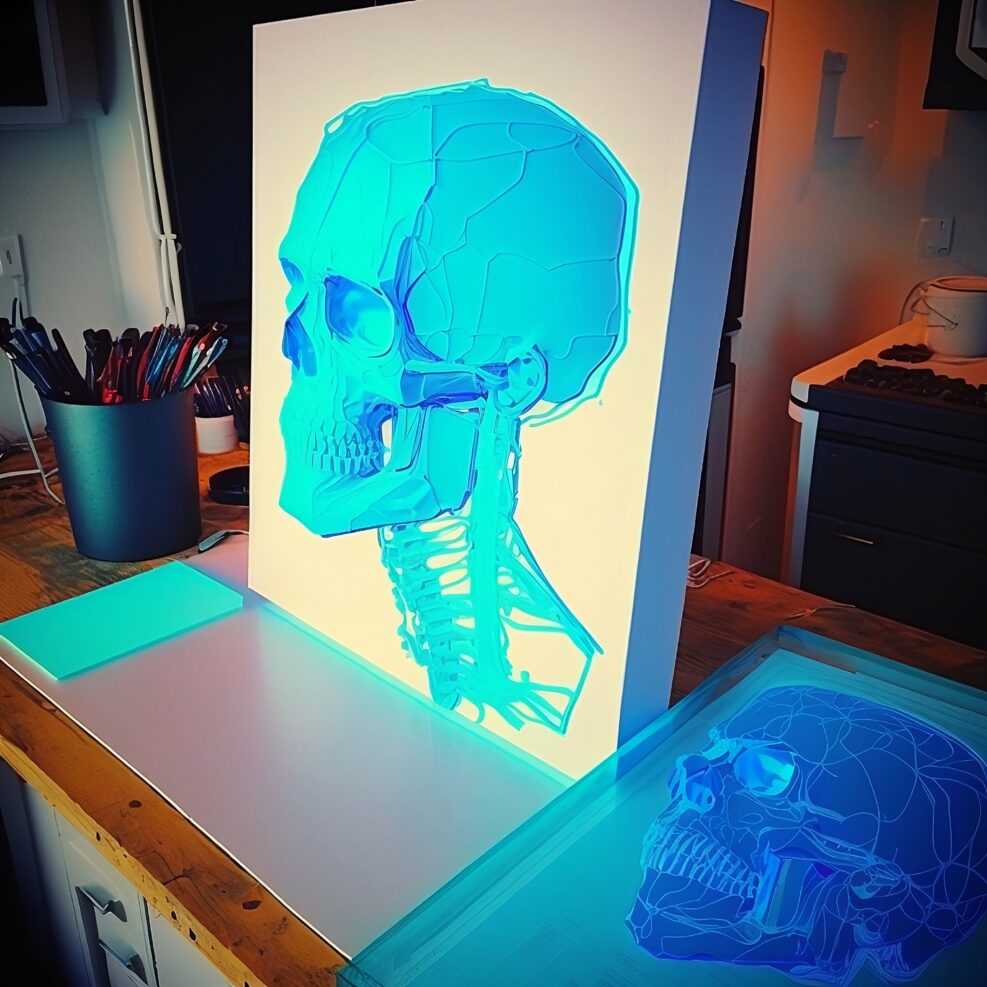
Do AI Developers Really Not Know What They’re Making?
A speech-and-language AI researcher counterclaims the doomsdayersA new article by AI researcher Arlie Coles at American Mind aims to “demystify” artificial intelligence, particularly the claim that AI creators have no idea what they’re creating. Coles says that we understand AI much better than the doomsdayers let on. Part of the reason for AI’s cloudy nature is due to its mathematical complexity, which Coles finds understandable. But that’s no reason not to try and understand what AI is and gauge its benefits and capacities in an accurate light. She writes, We do know what we’re building and how it works, and it’s not too late for us to speak forthrightly about AI so that the general public, not just those with math or computer science Ph.D.s, can Read More ›


















